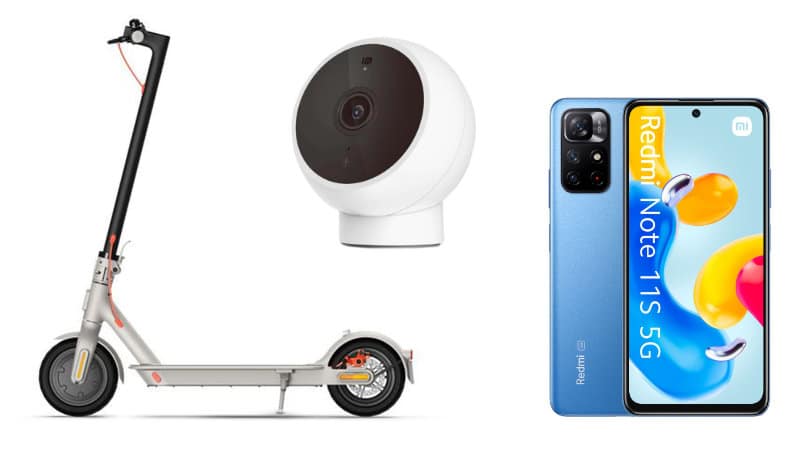Cryptocurrency drives the world forward
What is a cryptocurrency and how does it work?
Getting started in cryptocurrency, requires a little thought, it is important first to look back at the beginnings of this new currency. A cryptocurrency is a digital or virtual currency designed to function as a medium of exchange. It uses cryptography to secure transactions, regulate the money supply, and verify the transfer of assets. Bitcoin was the first decentralized cryptocurrency and remains the most popular. Cryptocurrencies are a form of digital money that is created through encryption techniques and then digitally signed each time it moves. Originally, cryptocurrencies were designed in decentralized, distributed systems with no central bank and minimal government required. Bitcoin was created in 2008 by Satoshi Nakamoto. To reduce credit card fraud, all cryptocurrency transactions are processed through card-to-card transactions and therefore no personal information is collected. Financial institutions are generally wary of cryptocurrencies, which they believe could become a threat to their operations. In some cases, banks may close accounts that hold or trade cryptocurrencies if they pose a risk to the institution. Cryptocurrencies are generally uninsured, so banks may close an account that holds or trades cryptocurrencies. Cryptocurrency is a virtual representation of value that can be transferred between people electronically. It is not legal tender, but rather digital cash. Cryptocurrency is a digital asset designed to function as a medium of exchange that uses cryptography to secure and verify transactions as well as to control the creation of additional units of the currency.
Everyone from Wall Street traders to Harvard economists are talking about it: Cryptocurrencies like bitcoin could become the future of money. Bitcoin is a peer-to-peer (P2P) currency protected by cryptography. Every transaction between buyers and sellers is verified by network nodes through cryptography securing transactions using strong mathematical algorithms in order to verify the transfer of funds.
Use cases for cryptocurrency beyond payments
Use cases for cryptocurrency beyond payments include investments, remittances, and other applications.
- Investments. Investing in cryptocurrency is a risky decision, but it is growing in popularity. This is because cryptocurrencies are not controlled by any particular country and therefore have the potential to increase in value. For example, Bitconnect was a popular cryptocurrency investment platform that allowed users to invest as little as $10 in pending coin value. Invest in a cryptocurrency exchange to trade them with another cryptocurrency holder or get a more reliable digital currency at a lower price. A number of exchanges also operate under regulation, which means traditional investors can invest in them without any issues, such as regulatory risk, KYC/AML requirements, and insider trading;
- Cryptocurrency exchanges are platforms where you can buy, sell, and trade cryptocurrencies with other traders. Apart from these exchanges, there are also more traditional ways to invest in cryptocurrency, such as trading Bitcoin CFDs or opening a cryptocurrency wallet.
- why is trading cryptocurrencies easier than trading stocks? The answer is that cryptocurrency trading is easier because there are fewer barriers to entry. With any stock, once you buy it and want to sell it, you need a broker. With cryptocurrencies, traders don’t need to find a broker, they just need an address to send the coins to.
How to sell cryptocurrency?
The trading itself takes place on the decentralized platform without too many intermediaries (brokers). For crypto to crypto transactions, cryptocurrencies have their own internal trading system that matches buyers and sellers with each other. For stocks, the process is similar, but you will need a broker to hold your stock. The trading itself takes place on the decentralized platform without too many intermediaries (brokers).
The article Cryptocurrency moving the world forward appeared first on Androidandyou.com.


